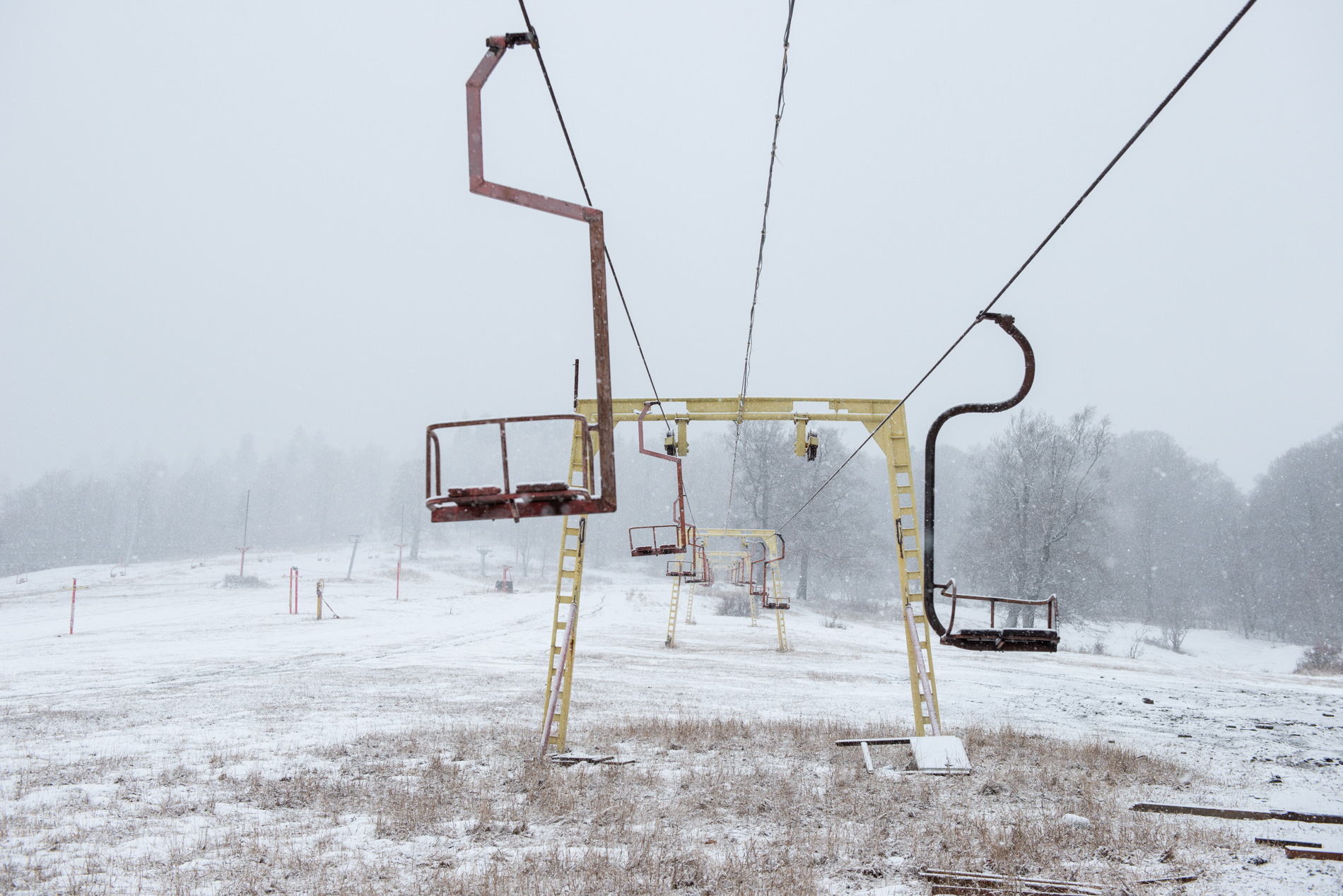
The Georgian government has announced that plans to lift coronavirus restrictions starting from 1 February will, for the most part, be delayed.
Under the new plans, a 21:00 nationwide curfew will remain in place until 1 March. Restaurants and other eateries will also remain closed.
In Adjara, cafes and restaurants will be allowed to reopen from 1 February with outdoor seating only.
Public transport in the city of Tbilisi as well as all intercity public transport will not resume as planned on 1 February, and will also be set to restart on 1 March. However, public transport will resume from 1 February in Batumi, Zugdidi, Gori, Poti, and Telavi except on weekends.
Winter resorts, including the popular Guraduri and Bakuriani resorts, will also remain closed until 1 March.

[See more: In Pictures | Bakuriani’s corona freeze]
However, some restrictions will be eased on 1 February. Shops, and shopping centres in Tbilisi, Kutaisi, and Rustavi, where they have been closed since December, will reopen but only on weekdays.
From 15 February, indoor and open-air markets will reopen nationwide.
The government also said they planned to resume regular air connections from February.
Retail businesses with 30 or more employees will be obliged to test at least 20% of their employees every two weeks, with the government setting up an online portal for businesses to register for free testing.
‘Economic destruction’
On 20 January, 13 large business associations claiming to employ a total of nearly 430,000 workers warned the Georgian government against postponing the reopening of the country’s economy again.
Restrictions on shopping centre’s and outdoor markets and municipal and intercity public transport were previously set to be eased in mid-January.
A decision to delay the partial reopening followed an eight-day relaxation of some of the anti-coronavirus curbs during holidays from 24 December to 2 January.
Beyond that, since 26 November Georgia has remained under lockdown, banning cultural events, gyms and pools, restaurants, and non-agricultural markets, and formally allowing shops only to provide delivery services (except for basic necessity stores and pharmacies). The decision was prompted by daily new coronavirus cases slowly approaching 4,000.
Business groups have begun to become more vocal after Georgian medical and healthcare authorities began speculating about a possible ‘third wave’ of new COVID-19 cases unless the reopening from February was done cautiously.
‘The country is on the verge of salvation or total destruction’, a statement by the business associations reads.
Citing ‘economic stagnation’, they implored the government to urgently reopen all sectors of the economy with strict rules set by epidemiologists and accompanied by mass testing.
Reviving the economy, according to the business associations, would require restarting all public transport, international air connections, reallowing restaurants, hotels, tourism, shopping centres, and non-perishable retail shops.









